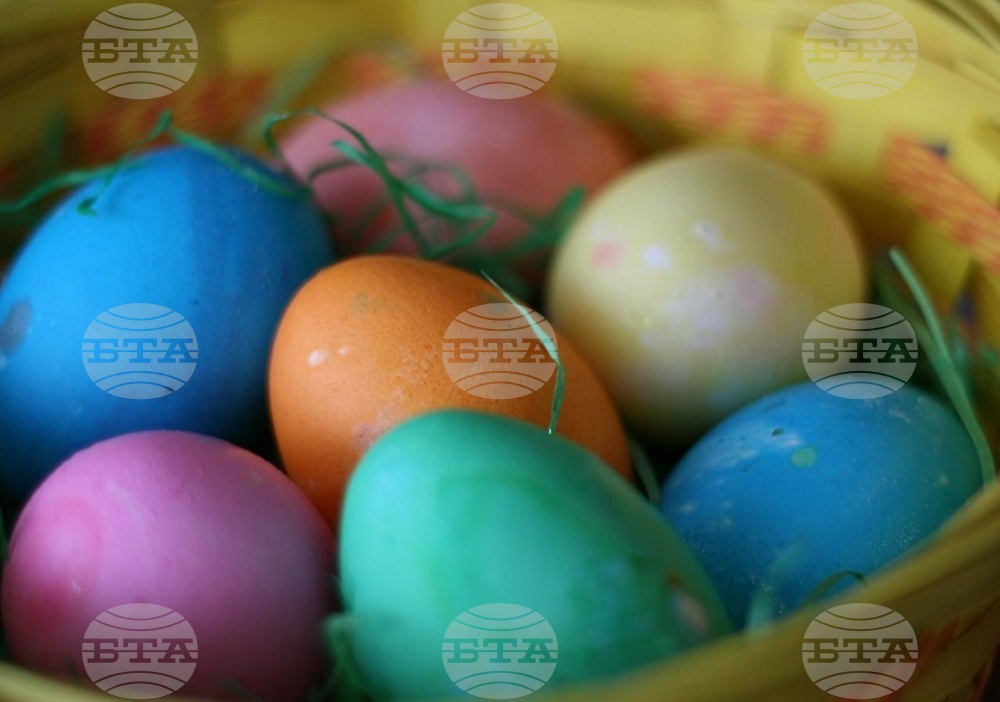site.btaEastern Orthodox Bulgarians Celebrate Easter


On Sunday, Eastern Orthodox Christians celebrate Easter, the day of the Resurrection of the Son of God Jesus Christ on the third day after he was crucified [Good Friday] atoning for the sins of mankind. Easter is one of the so-called mobile holidays and is determined depending on the first spring full moon.
According to Bulgarian folk tradition, Easter also marks the resurrection of nature for new life and the victory of spring over winter. When it comes to both customs and rites, paganism and Christianity are closely intertwined, which results the colorfulness of Bulgarian Easter.
In Orthodox tradition the Resurrection of Christ is preceded by Great Lent or Great Fast. It begins seven weeks before Easter and includes 40 days and Holy Week. During this time, Christians must repent, purify their souls and bodies, and thus prepare for a worthy celebration of the feast. Those who observe it, eat only plant-based foods and on Good Friday only drink water.
In Bulgaria on Easter Thursday, a special Easter sweet bread called ''kozunak'' is kneaded for the holiday. It is usually made in a round shape and decorated with braids. A central part of the Easter tradition is the colouring of boiled eggs, the first of which must be red. The bread symbolizes the body of Jesus Christ, just as the eggs painted red symbolize his blood.
In an annual Easter ritual sacred to Orthodox Christians, the ''holy fire'' is brought over from the Church of the Holy Sepulchre in Jerusalem on Great Saturday. The flame is considered a miracle and is a key part of the Orthodox Easter celebrations. After it arrives from Jerusalem, the holy fire is distributed to churches throughout the country in time for late-night liturgies on the eve of Easter Sunday.
On the eve of Easter Sunday, people go to church and celebrate the Resurrection of Christ at midnight. After the festive service, Christians take the lighted candles with holy fire and circle the church three times, before bringing the candles home.
On Easter Sunday and Monday, children and adults have ''egg fights'' with the coloured eggs, in which they knock the eggs against one another. The egg that remains unbroken is called the ''fighter'' [''borets''] and signifies good health throughout the year.
Traditionally, during the Easter holidays, people visit their families and loved ones and distribute care packages of eggs and kozunak as a sign of love and respect.
/MY/
news.modal.header
news.modal.text